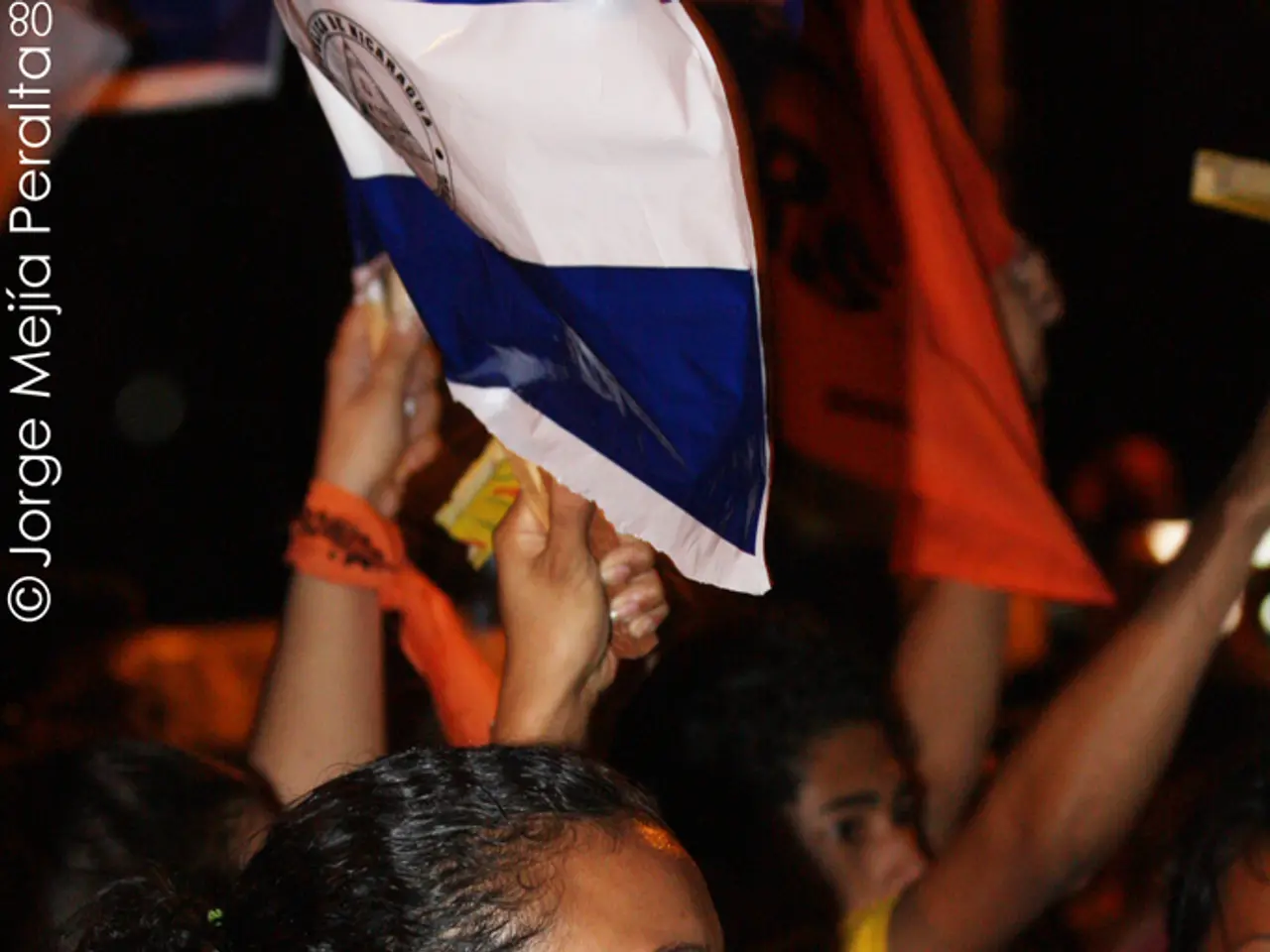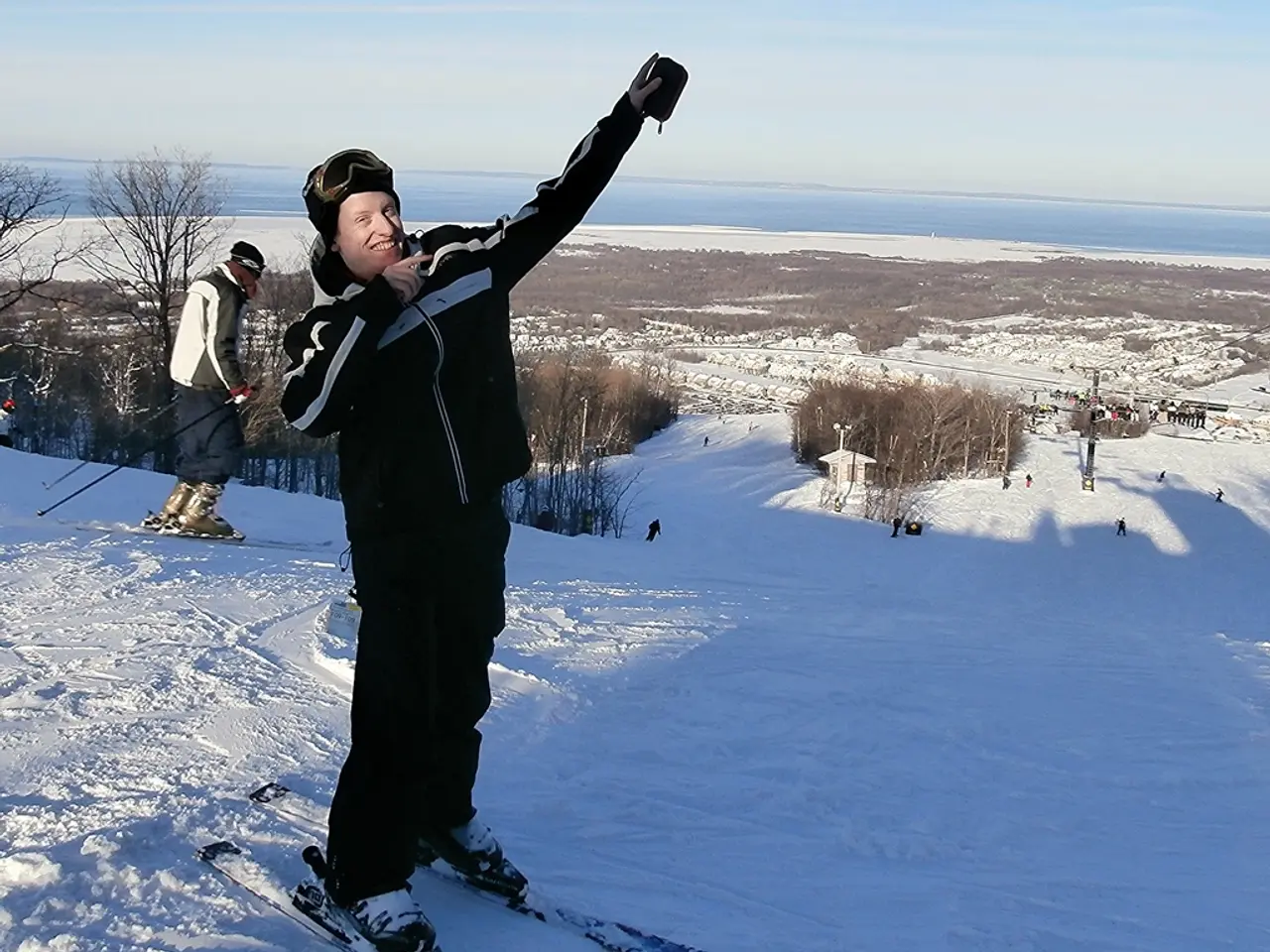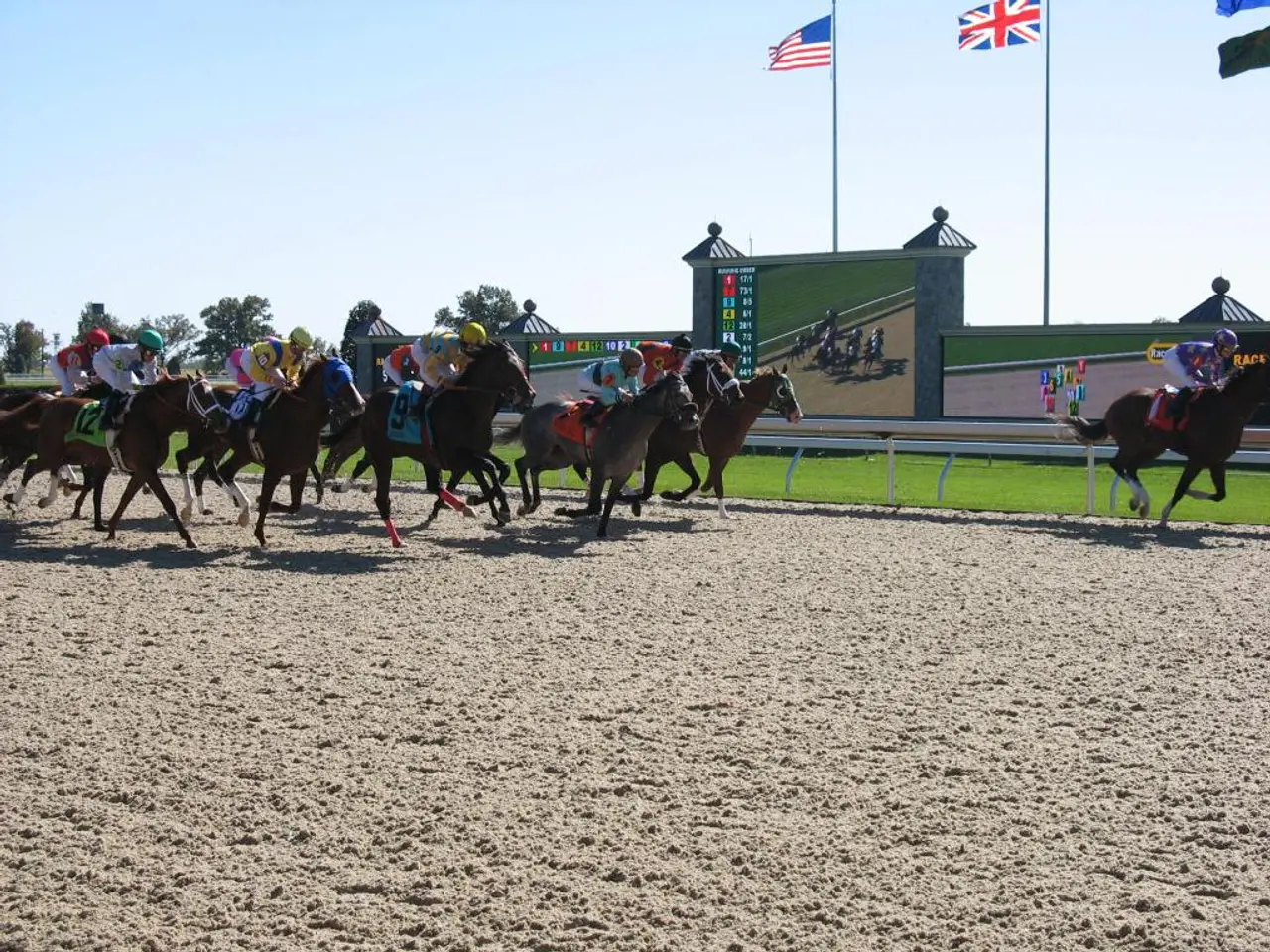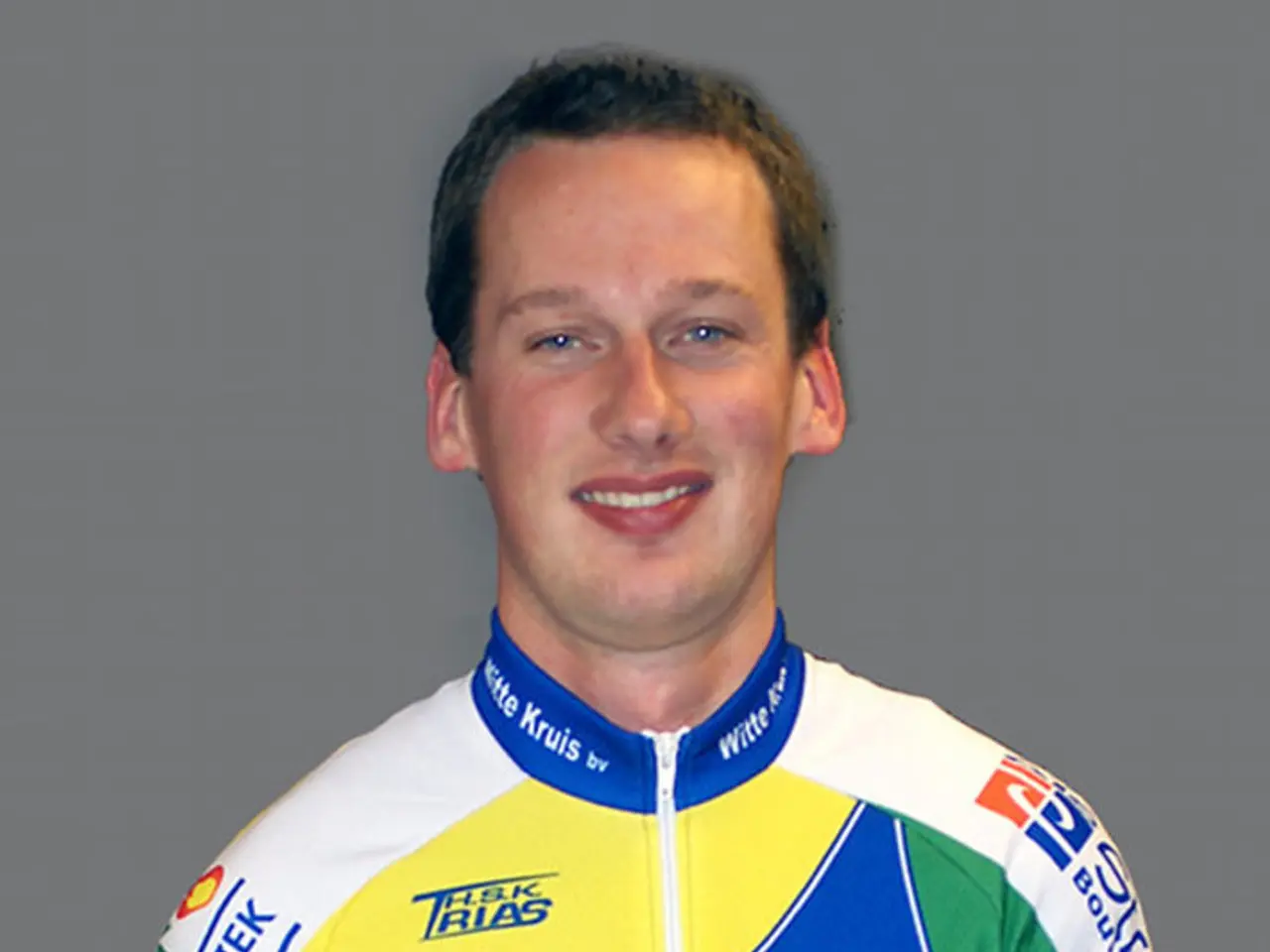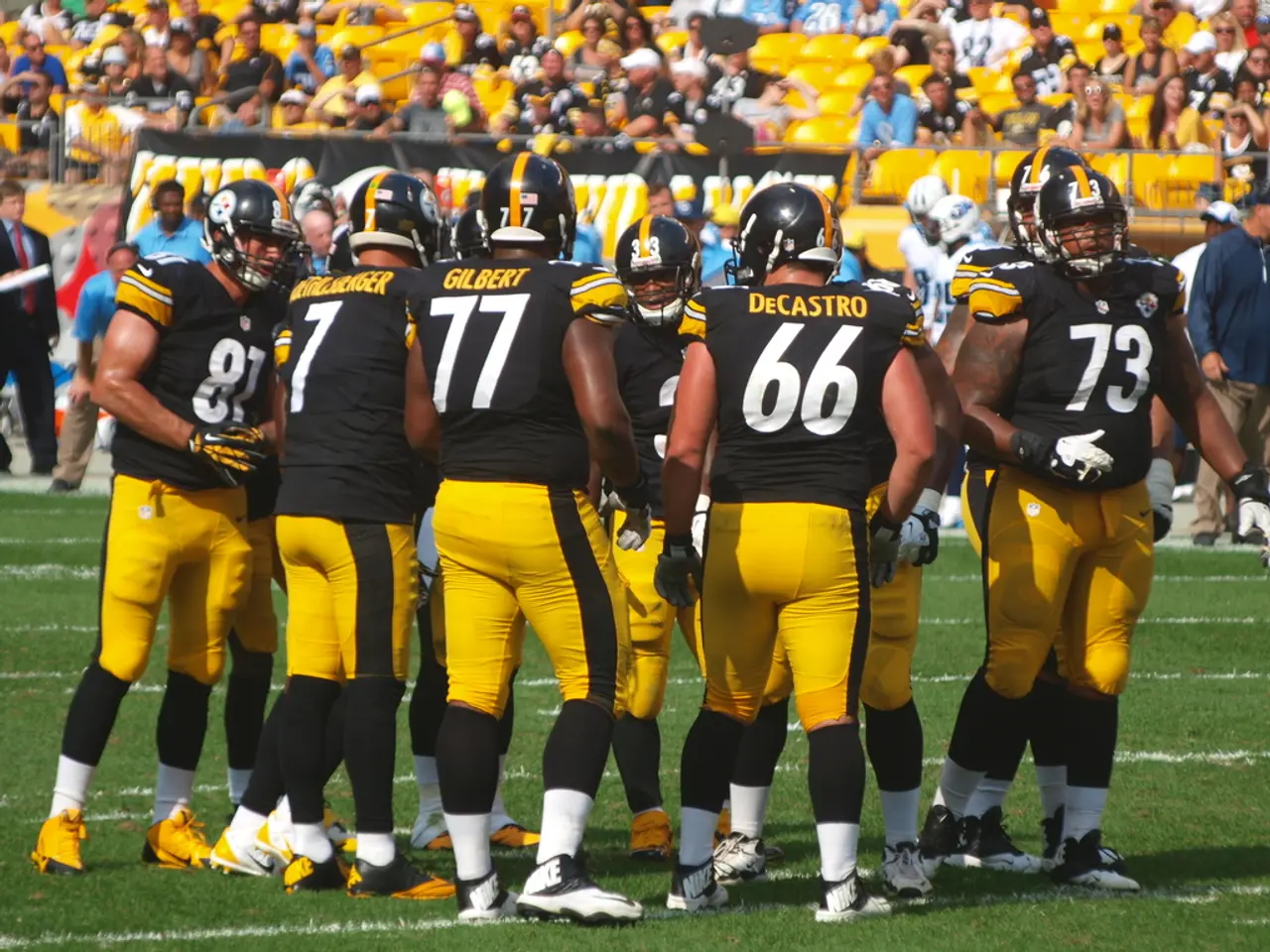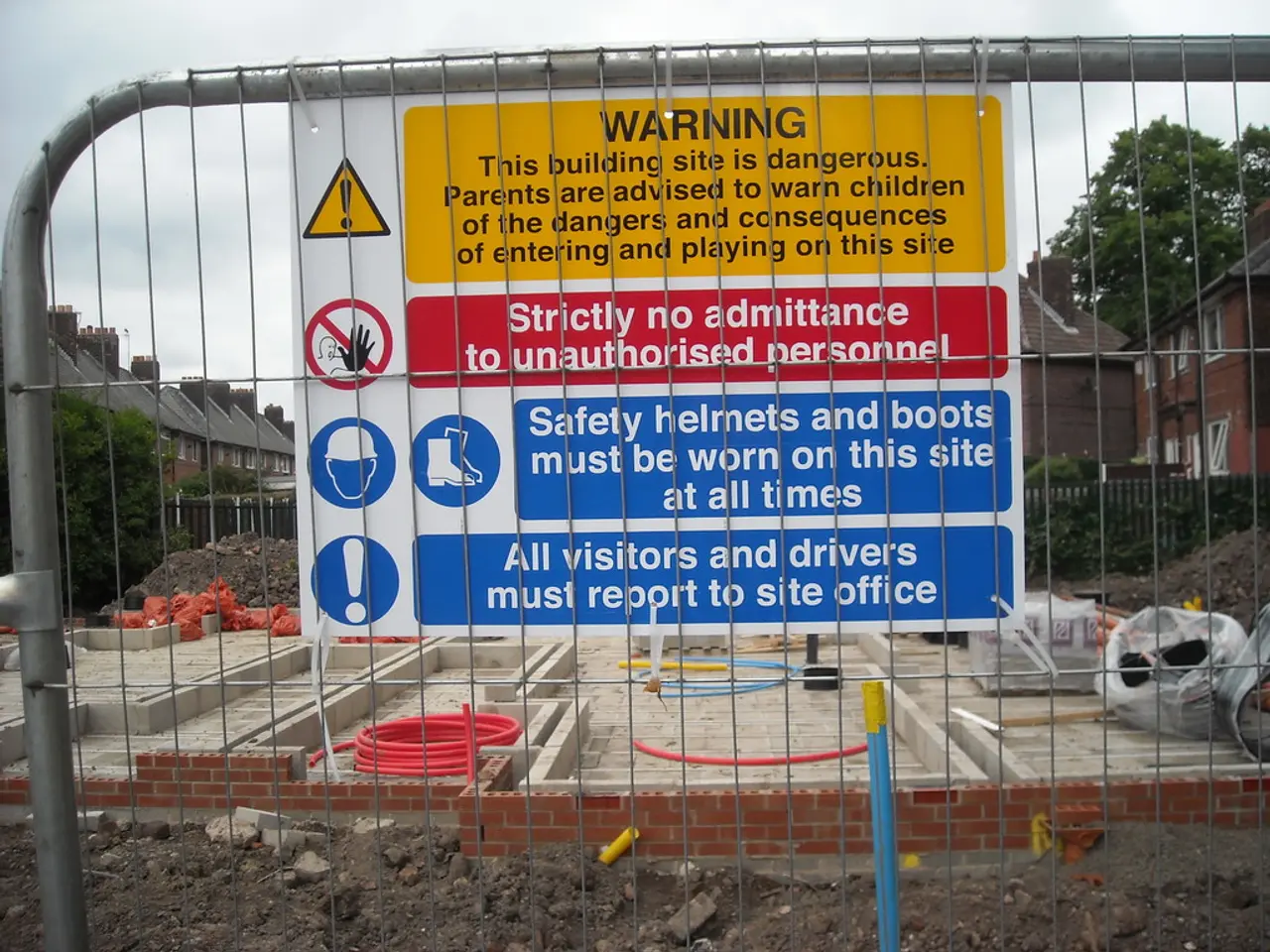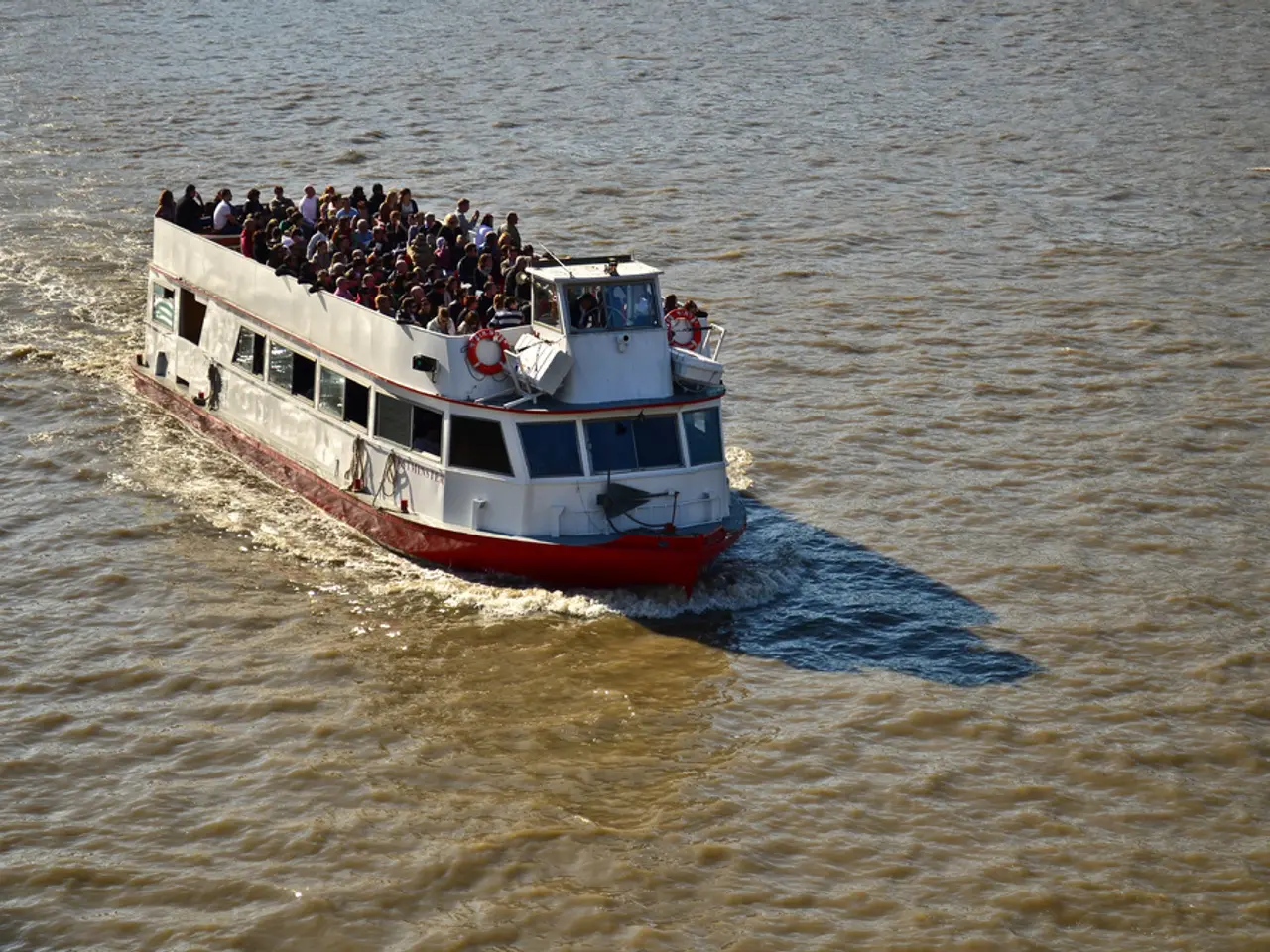Honoring Paul Coe, Indigenous Rights Advocate
Paul Coe: A Pioneering Figure in Australia's Black Power Movement
Paul Coe, a Wiradjuri man born at Erambie Mission in Cowra, Central New South Wales, emerged as a central figure in the Black Power Movement during the late 1960s and 1970s. Coe was instrumental in addressing police harassment and systemic racism against First Nations people in Australia, drawing inspiration from the Black Panther Party in the United States.
Coe co-founded the Aboriginal Black Panther Party in 1971, which focused on Aboriginal self-determination and fought for reforms in police brutality, education, health, and legal access. The party, unlike its American counterpart, was unarmed and instead employed strategies such as police monitoring to document and deter abuse.
As a pioneering Aboriginal lawyer, Coe was one of the first Indigenous Australians to study law at the University of New South Wales. In 1970, he co-founded the Aboriginal Legal Service (ALS) in Redfern, Australia's first free legal aid service for Aboriginal people. The ALS was a community-controlled initiative providing legal assistance to Aboriginal Australians facing discrimination and systemic injustice.
Beyond Redfern, Coe participated in other landmark activism. He helped organize the 1970s George Street march against the Vestey Company, linked to the Wave Hill Walk-Off, one of Australia's most significant Aboriginal land rights protests. In 1972, he was a key figure in establishing the Aboriginal Tent Embassy outside Parliament House in Canberra, which remains Australia's longest-running protest for Indigenous rights. In 1976, Coe and Cecil Patten symbolically planted the Aboriginal flag on Dover Beach, England, as a challenge to the doctrine of Terra Nullius, further asserting Indigenous sovereignty and land rights internationally.
Coe's activism also led to the creation or support of other foundational Aboriginal community services, such as the Aboriginal Medical Service and Aboriginal Housing Committee, which aimed to provide self-determined cultural, health, and housing resources for First Nations peoples.
In 1979, Coe launched legal proceedings against the Commonwealth in the High Court, attempting to challenge the doctrine of Terra Nullius. Although unsuccessful, his case laid the foundations for the landmark 1992 Mabo Case which overturned the doctrine.
Coe's contributions were honoured through him being one of the inaugural recipients of the NSWALC "40 Years Strong" Chairperson's Award. He served on the first interim council and was later elected the first treasurer of the NSWALC. Redfern, where Coe became involved in First Nations activism during the late 1960s, was instrumental for First Nations activism between 1950 and 1976, with the Aboriginal population growing from 3,000 to 20,000 inhabitants.
Paul Coe passed away on 29 July 2025. A plaque was installed at Dover Beach in 2022 commemorating the protest action of planting the Aboriginal flag. Coe's role in the Black Power Movement was as a visionary leader who combined cultural pride, legal expertise, and grassroots activism to advance First Nations justice, self-determination, and land rights in Australia. His legacy is deeply embedded in the establishment of legal and community institutions that support Aboriginal sovereignty and rights.
[1] Australian Dictionary of Biography. (2014). Paul Coe. Retrieved from https://adb.anu.edu.au/biography/coe-paul-13000 [2] National Museum of Australia. (2012). Paul Coe. Retrieved from https://www.nma.gov.au/defining-moments/resources/biographies/paul-coe [3] Australian Broadcasting Corporation. (2018). Paul Coe: The man who fought for Aboriginal rights. Retrieved from https://www.abc.net.au/news/2018-07-29/paul-coe-the-man-who-fought-for-aboriginal-rights/10023548 [4] National Library of Australia. (2017). Paul Coe. Retrieved from https://www.nla.gov.au/exhibitions/indigenous-australia-for-all-who-came-ashore/people/paul-coe [5] Sydney Living Museums. (2018). Paul Coe. Retrieved from https://www.sydneylivingmuseums.com.au/discover/people/paul-coe
- Paul Coe's activism extended beyond legal services, with his involvement in social change movements such as the George Street protests against the Vestey Company and the establishment of the Aboriginal Tent Embassy, aiming for systemic reform in education, health, and land rights.
- In addition to his work in law and activism, Coe also supported initiatives providing resources for First Nations peoples, like the Aboriginal Medical Service and Aboriginal Housing Committee, which aimed to ensure self-determined health and housing services.
- Coe's activism, influencing sports culture as well, led to the symbolic planting of the Aboriginal flag in Dover Beach, England, demonstrating the global reach of his advocacy for Indigenous sovereignty and land rights, even in sports arenas such as the NCAA-basketball community.
